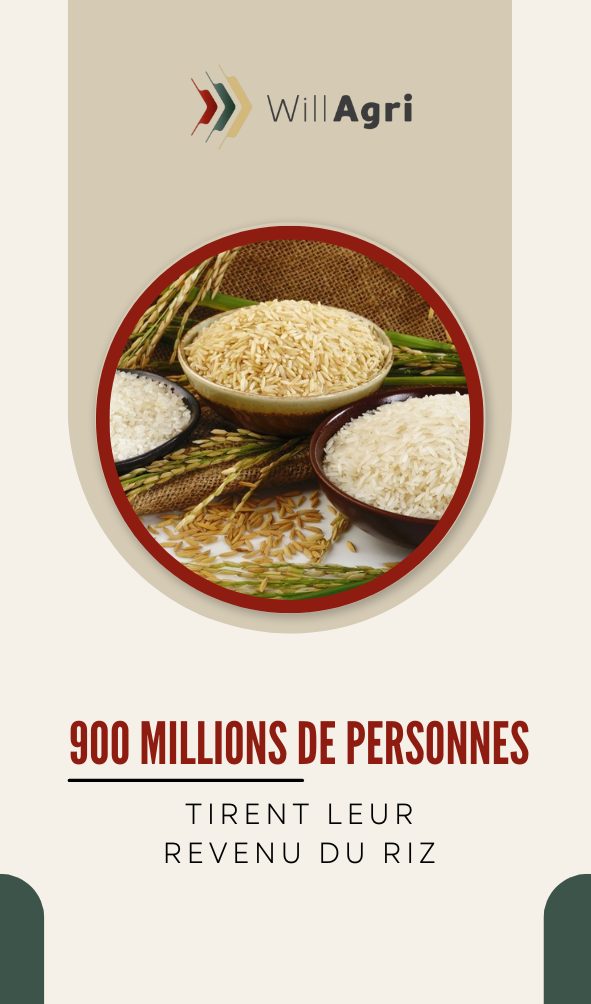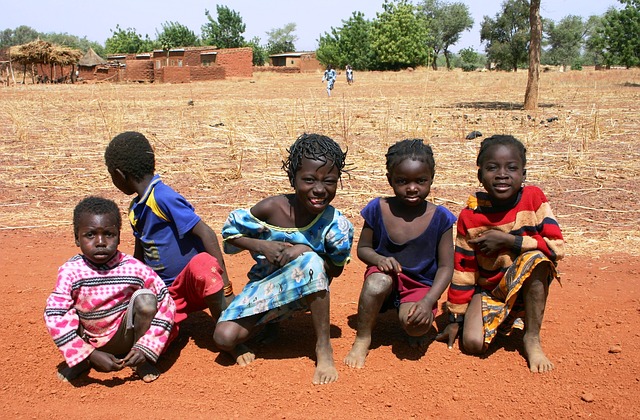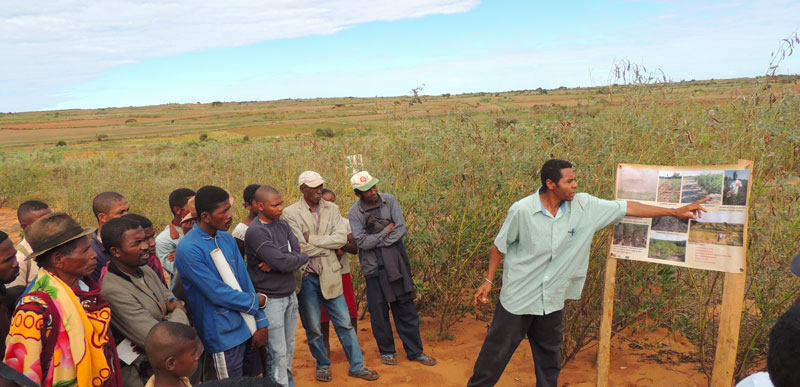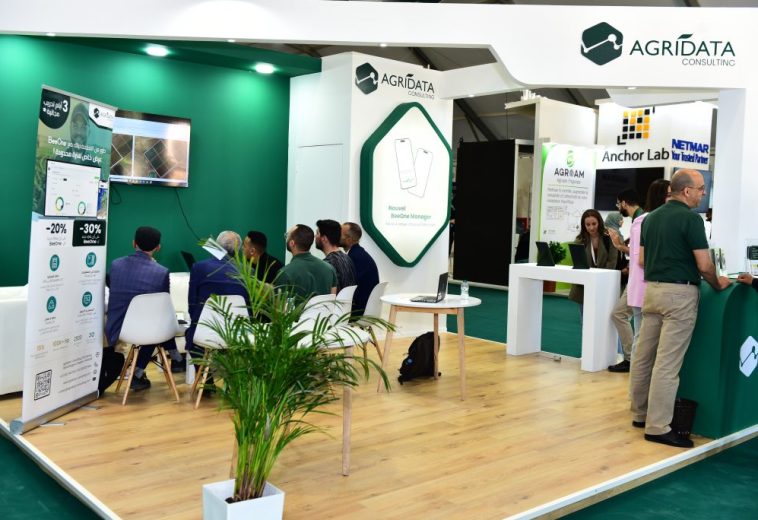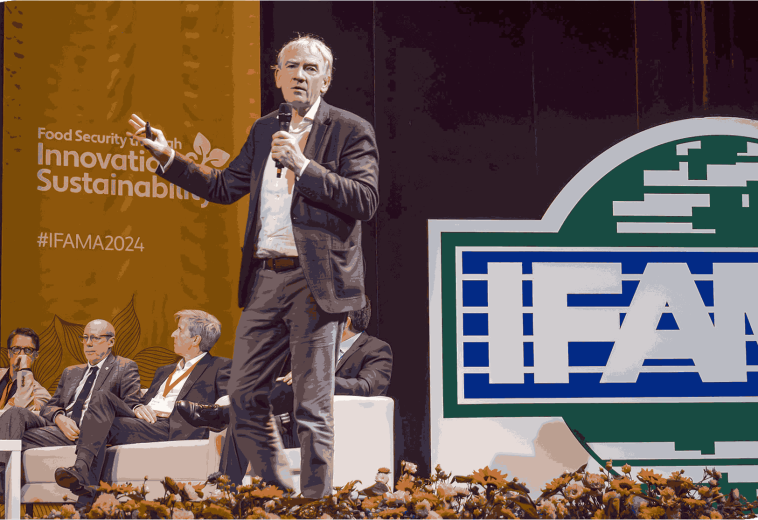Africa
Trade
9 December 2019
[inbound_button font_size="14" color="#8d0100" text_color="#ffffff" icon="download" url="https://dev.willagri.com/wp-content/uploads/2019/12/Dossier-Fondation-Farm-EN-12-19.pdf" width="" target="_blank"]Download it in PDF[/inbound_button]
This dossier consists of two distinct parts:
1) An overview of protective measures against the importation of agricultural products: current situation and key issues for sub-Saharan Africa by Jean-Christophe Debar and Abdoul Fattah Tapsoba from the FARM Foundation;
2) A debate between Jean-Christophe Debar (President of FARM), Pierre Jacquet (President of the Global Development Network and FARM's Scientific Committee) and Laurent Levard (a specialist in agricultural issues and trade policy at Gret).
The issue dealt with here is of paramount importance for the future of agriculture in Africa: is it in the interests of the sub-Saharan countries of Africa to increase or decrease customs duties on imported agricultural products? Our experts' answers are nuanced, and pragmatism is the byword. Any increase would, in effect, penalise the urban populations by increasing the prices of imported foodstuffs. Any decrease, by bringing down the prices of imported foodstuffs, would penalise smallholders who would thus be subjected to fiercer competition from products bought abroad. The question of the level of customs duties needs to be looked at within the broader framework of the countries' agricultural policies. Indeed, a decrease of taxes on imported goods can only be justified if it goes hand in hand with government investments to improve the productivity and, therefore, the income of small farmers. It is the only way to compensate for the income lost by the latter due to competition from imported products.
1/Protective measures against the importation of agricultural products: current situation and key issues for sub-Saharan Africa
Main results

Source: FARM - based on harmonised MAcMap-HS6 data from CEPII and the ICC
- Globally, in 2013, the average level of protective tariffs on agricultural products was about 13%
- Customs duties are generally higher on food than on non-food products
- Similarly, processed agricultural products are generally more protected than unprocessed products
- Of the principal regions, it is in South Asia and North Africa that the average tariffs on agricultural products are the highest. The level of protection in sub-Saharan Africa (15%) is lower than in other developing regions
- A finding that should be considered in the light of low public spending on agriculture in sub-Saharan Africa
Protection in the sub-regions of sub-Saharan Africa regarding
the rest of the world

Source: FARM - based on harmonised MAcMap-HS6 data from CEPII and the ICC
In 2013, all the sub-regions, with the exception of southern Africa, protected their agriculture less from the rest of the world than from the continent's own sub-regions
Political challenges for subsaharan Africa: limited room for manoeuvre to increase the level of protection on agricultural products.
1- The 'price dilemma in food supply'
- Reducing the competitivity of low price imports through an increase in customs duties
could penalise the poorest consumers, who are very vulnerable to price increases
- To resolve the dilemma, any increase in the protection afforded by tariffs could be part of a global development strategy combining various measures:
- the use of taxation to reduce the food bill for the poorest households
- a moderate increase in customs duties combined with strong support for investment in agriculture
- une hausse modérée des droits de douane conjuguée à un fort appui à l’investissement dans l’agriculture
- the reduction of market inefficiencies and destabilising government interventions aimed at restricting agricultural exports when prices suddenly rise
- improving the negotiating power of farmers in their respective markets
2- Trade agreements
Individual African governments have some theoretical room for manoeuvre to increase the duties applied up to the level of the tariffs consolidated at the WTO.
But this room is limited by:
- belonging to regional economic communities: it is politically difficult to increase a shared import duty
- the creation of the African Continental Free Trade Agreement (AfCFTA), the conditions for the implementation of which remain to be confirmed and which leaves some major questions unanswered (common budget, protection with regard to third party countries…)
- the probable ratification of the Economic Partnership Agreements (EPA), with nevertheless protection for sensitive products
In conclusion
- For a pragmatic approach to protection
- • The debate on the protection of African agriculture should not be taboo, but should be an integral part of the issues that structure the political agenda aiming at greater economic integration of the region



